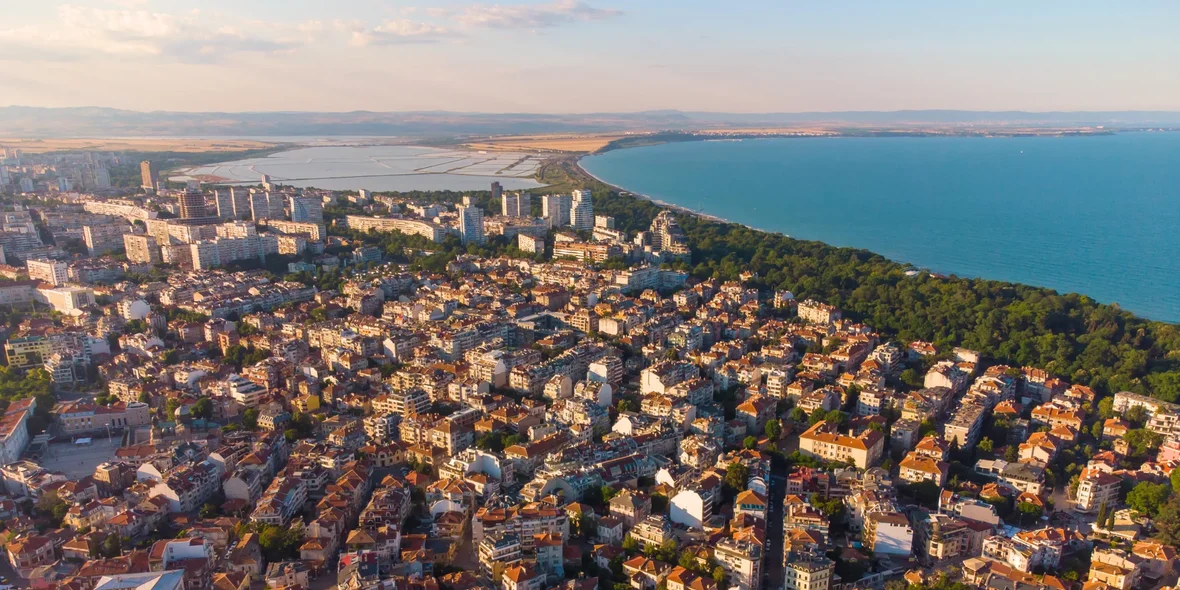
Bulgaria plans to introduce the euro as a second currency as early as 2024
In less than six months, Bulgaria plans to introduce the euro as a parallel currency. This means that residents of this country will be able to choose in which currency it is more convenient for them to conduct transactions and make payments. Read more in the article.
The Bulgarian government is already in talks with the European Central Bank as well as the European Commission to allow people to trade in euros. Right now, according to Finance Minister Asen Vasilev, this option is only available to legal entities.
Vasiliev also stressed that the changes could also allow companies to pay salaries in euros.
«We, as people, cannot make deals in euros and cannot receive salaries in euros — we know that there are countries like Montenegro that allow these transactions on a voluntary basis», — emphasized Vasilev. The country has not yet concluded negotiations with the European Union, and «for the time being we have no confirmation that such action is possible», — he said.
At the same time, the minister emphasized that Bulgaria has not abandoned its plans to enter the common currency area and is getting closer to meeting the inflation criteria. According to the plans, Bulgaria will be able to allow its citizens to choose a transaction in euros or levs. Such a mechanism is already being implemented by Montenegro and Kosovo, which both use the euro without being a member of the EU or the Eurozone.
«We know that there are countries like Montenegro, which actually allow these transactions to be done voluntarily. If two citizens are willing and able to transact in euros, they should be allowed to do so without restriction by the state», — Vasilev noted.
The European Parliament insists that Romania and Bulgaria should join Schengen already this year. According to MEPs, the presence of Romania and Bulgaria outside the visa-free zone is a serious social and economic burden for businesses and the population of these two countries.























